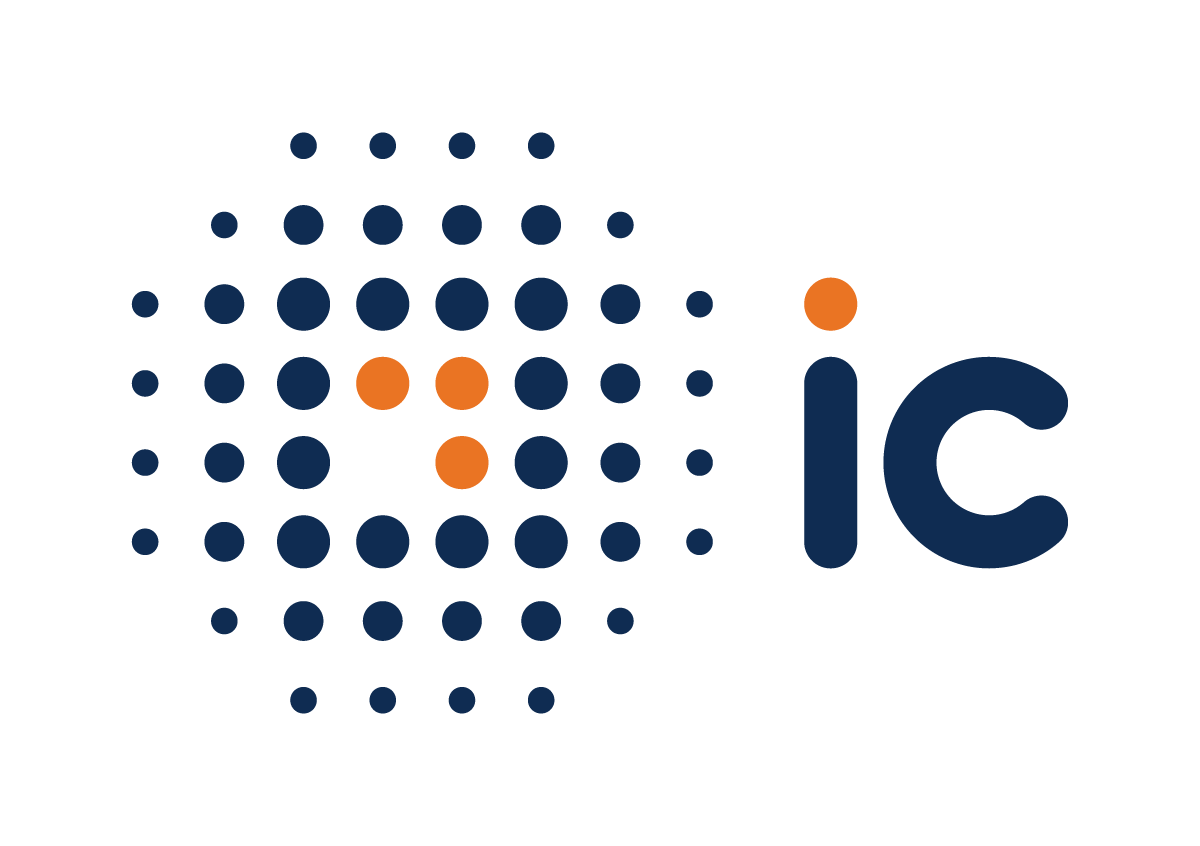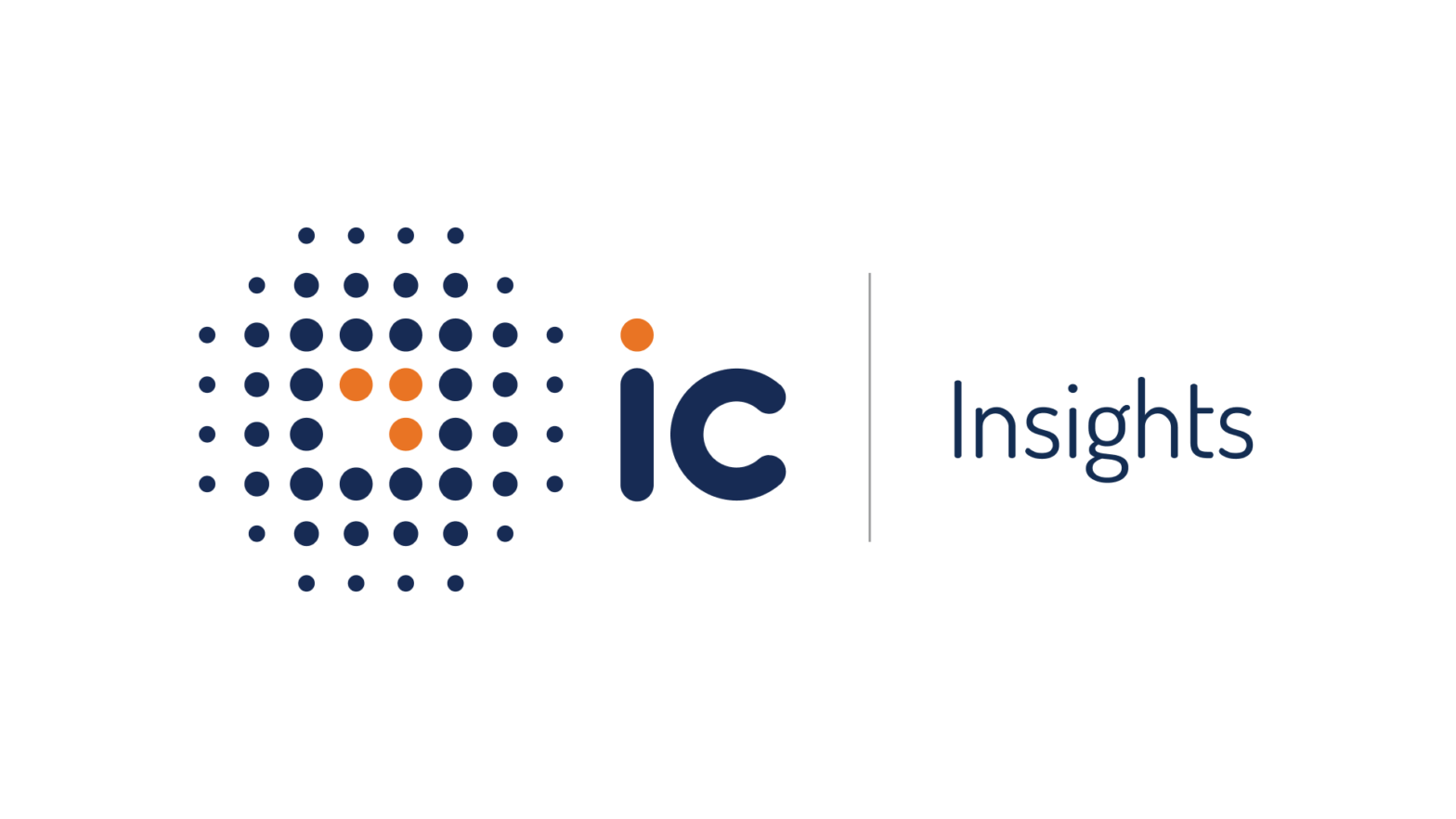FY2023/24 Performance: Cost pressures squeeze profit despite surge in topline
- GGB Plc’s earnings plummeted by 12.1% y/y to GHS 34.7mn in FY2023/24.
- The earnings contraction was on the back of a 38.7% y/y surge in input cost to GHS 2.0bn, an increase in other expense to GHS 9.8mn from other income of GHS 4.8mn in the prior year, and a 30.6% y/y spike in operating expense to GHS 286.2mn
- Cost of sales surged by 38.7% y/y to GHS 2.0bn in FY2023/24, largely attributable to the 24.6% depreciation of the Ghanaian Cedi against the US Dollar in FY23/24
- As a result of the stronger growth in revenue (+34.3% y/y, GHS 2.4bn) for the period, gross profit increased by 16.0% y/y to GHS 397.3mn
- However, gross margin slumped by 264bps y/y to 16.8% due to the higher input cost
- Notably, operating expense surged by 30.6% y/y (above inflation of 22.8%) to GHS 286.2mn, due to a 42.1% y/y spike in administrative expense to GHS 173.7mn, attributable to increased utility tariffs
- Eminently, other expense increased to GHS 9.8mn from an income of GHS 4.8mn in the prior year, largely due to foreign exchange losses and a 154.9% y/y surge in intercompany management charges
- Consequently, operating profit slumped by 21.0% y/y to GHS 101.2mn in FY2023/24
- Operating margin followed suit, declining by 299bps y/y to 4.3% in FY2023/24
- Finance cost declined by 24.1% to GHS 50.4mn, as management reduced short-term borrowing by 67.5% y/y to GHS 56.7mn and discontinued the use of bank overdraft for the period
- Furthermore, finance income surged by more than 218-folds to GHS 1.3mn, solely driven by Interest income on bank accounts
- Net profit margin declined by 77bps y/y to close the period at 1.5%
Outlook: Promising outlook for revenue growth but sustained grip on cost is necessary for earnings
- We are positive about GGB Plc’s revenue outlook, which is bolstered by management’s initiative on partnership with SNV Netherlands aimed at significantly enhancing sustainable production and supply of high-quality white sorghum for processing purposes in Ghana.
- We expect the enhancement in locally sourced white sorghum production to reduce reliance on imported barley, which should mitigate foreign exchange risk and protect margins.
- As Guinness Ghana continues to ramp up its local raw material sourcing efforts (currently at 65%), we anticipate that the company will achieve its 70% target of local raw material use in the short to medium term. We believe this strategic move will reduce reliance on raw material imports and mitigate the impact of the cedi depreciation on input cost to stabilize the cost of sales.
- Notably, Guinness Ghana is enhancing its sustainability initiatives at the Kaase site with the installation of solar panels, which will reduce its reliance on conventional energy sources. Both the Kaase and Achimota sites are adopting the Automated Metering, Monitoring, and Targeting System (AMMTS) to provide real-time data on utility consumption. We expect this system to enable the quick identification and correction of operational inefficiencies. The Achimota site has already implemented AMMTS, and the rollout at the Kaase site is expected to be completed by FY2025. The company anticipates these measures to improve operational efficiency.
- Overall, we expect Guinness Ghana’s partnership with SNV Netherlands to significantly enhance production of white sorghum in Ghana, which will help optimize input cost and increase production, as price increases become insufficient to sustain topline growth.
Valuation: Under Review
- We are in the process of re-initiating coverage on GGB Plc and have therefore placed our recommendation under review
- GGB Plc is trading at a P/Sales of 0.61x and EV/SALES of 0.53x

